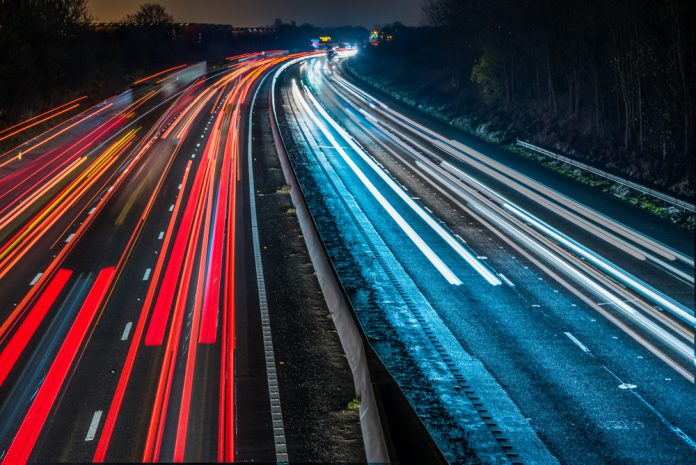The boss of Axa has said that the UK lacks sufficient infrastructure for self-driving electric cars, pointing to a strain of energy supplies and charging points.
Amanda Blanc said from personal experience there are limitations to the future of autonomous driving in the UK.
“In three to four years’ time when more people are buying electric, you do not want to have to queue for your supercharger,” she said. “The infrastructure has to be fixed.”
There are currently about 125,000 plug-in electric cars in the UK and 14,000 chargers.
“If suddenly everyone’s got one [an electric car] I’m not sure how the National Grid is going to cope with that,” she said.
“If in the Coronation Street break everyone goes to put the kettle on and that causes problems, just imagine what will happen if everybody comes home from work at 6 o’clock and switches their cars on to charge – we have to be smarter about renewables and regenerating electricity. That’s a real challenge.”
The competition for tech giants to develop the first fully automated vehicle continues. Blanc is a big backer of the new technology, believing that children born today will not need to learn to drive.
The UK government is also backing various projects, providing funding and Phillip Hammond pledging for “genuine driverless vehicles” on Britain’s roads by 2021.
Volvo (STO: VOLV-B), Ford (NYSE: F), Nissan (TYO: 7201) and Google (NASDAQ: GOOG) are currently developing the technology for automated cars. Waymo launched tests of driverless taxis on the streets of Arizona, last month.
This was after the question of who is liable in an accident involving a self-driving car came to the forefront. As around 90 percent of road accidents are due to human error, self-driving cars is expected to significantly cut the number of claims made by motorists – as a result, insurance premiums are expected to come down.

